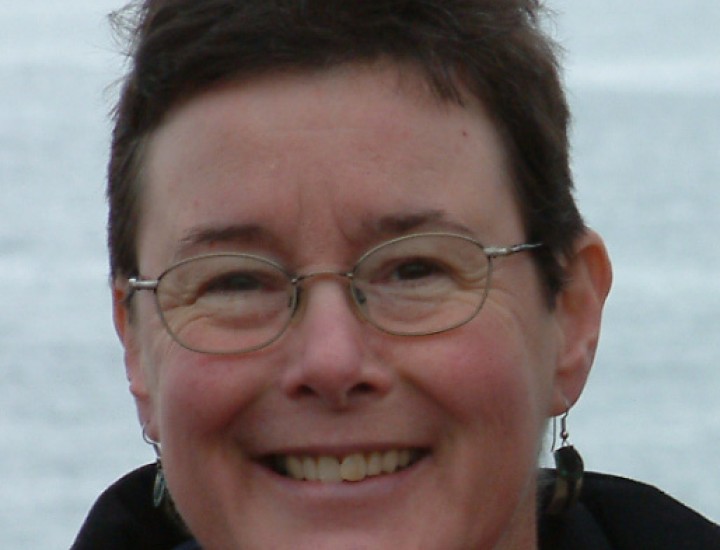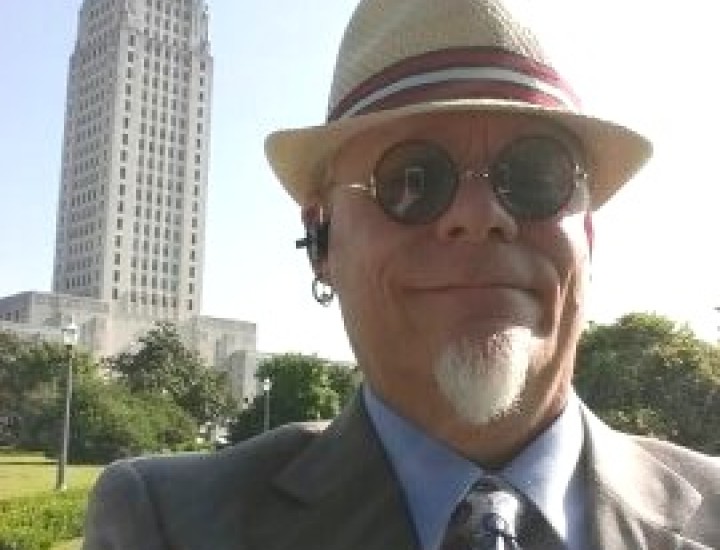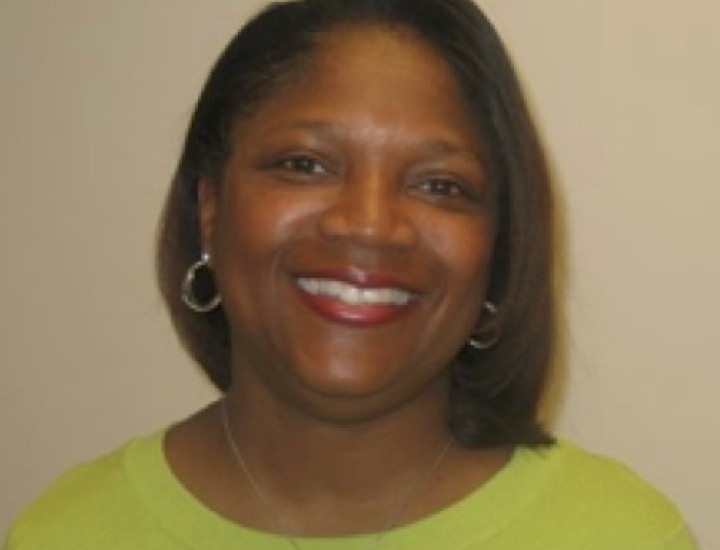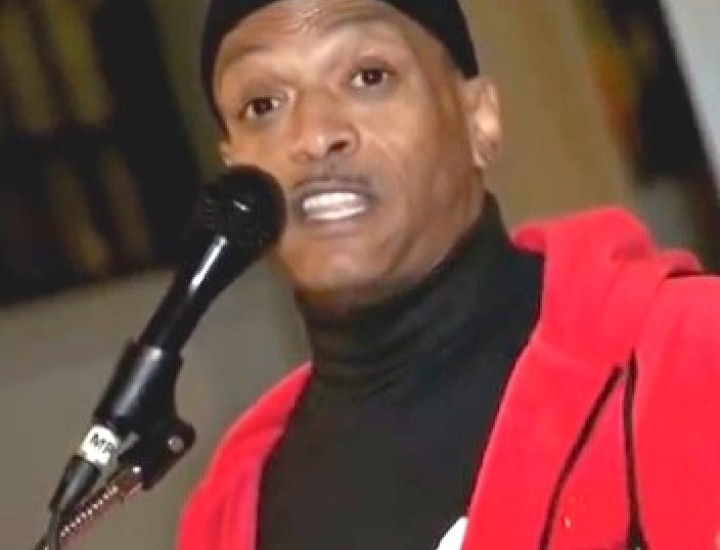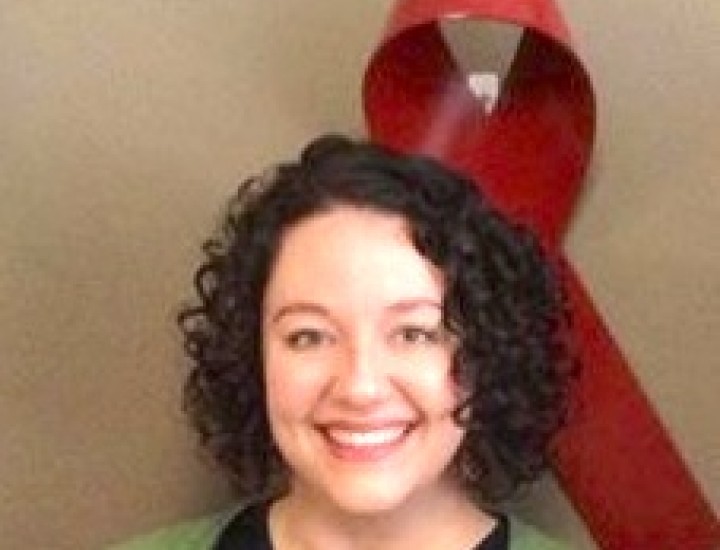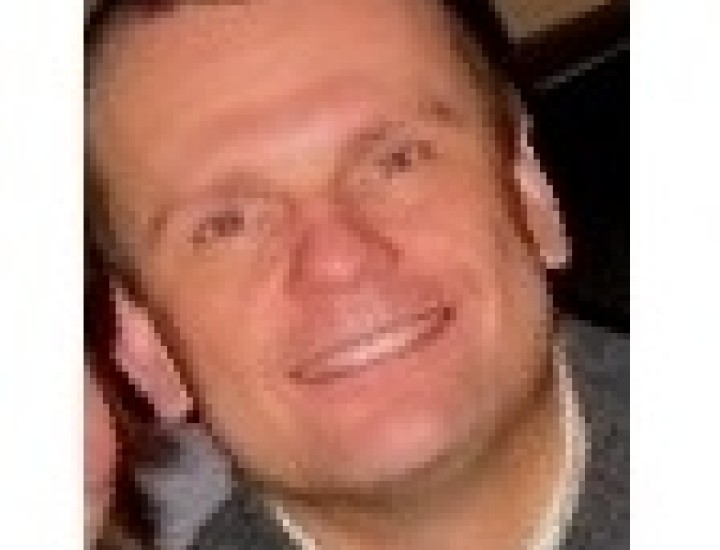Unsung Heroes: Dr. W. David Hardy, M.D. HIV Physician, Researcher and Advocate
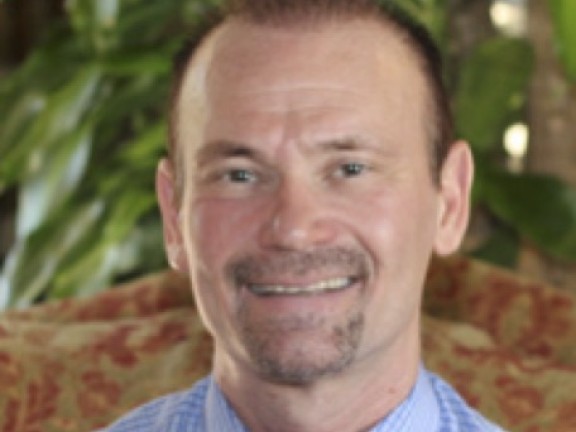
Dr. W. David Hardy is a Clinical Professor of Medicine at the David Geffen School of Medicine at UCLA, and serves on the Board of Directors of the HIV Medicine Association (HIVMA). He has more than 30 years of HIV medical experience—first, treating HIV positive patients, and then researching the disease. He currently performs clinical trials of investigational antiretroviral agents for treatment of HIV infection, and of cure strategies for HIV infection. He was interviewed by CHLP’s Andrea Sears.
Andrea Sears You served as an expert witness in an HIV criminalization case in South Dakota. What were the circumstances and how did you get involved?
David Hardy That case came to my attention through my membership on the board of directors of the HIV Medicine Association (HIVMA). A lawyer in South Dakota needed an expert to present information to the court in a case involving a young man who has been HIV positive since birth, and who is receiving antiretroviral therapy and has an undetectable viral load. He was charged with two counts of felony transmission of HIV and was facing up to 40 years in prison.
In one count, he and a student at South Dakota State University had allegedly been involved in an act of mutual masturbation in which they did not have any direct sexual contact with each other. In the second count, he was charged with having had anal intercourse with another person without using a condom, but without ejaculation. The prosecutor said that he hadn’t informed his partner that he was HIV positive. Subsequently, the sex partner got tested on several occasions and was found to be HIV negative.
I provided information to the attorney about which bodily fluids had been demonstrated to transmit HIV. I also provided information to demonstrate that the chances of transmitting HIV are markedly low for individuals who are on medication and who had an undetectable viral load.
After the attorney presented this information to the judge, the first count was dropped, but the second count was scheduled to go to trial. So I wrote an affidavit going through step-by-step why the law that criminalized this individual for having consensual sex made no sense. I cited CDC information about body fluid transmission and an NIH study of persons who are on medication and have suppressed viral load, supporting the fact that the chances of transmitting HIV to a sex partner, especially without ejaculation, are very, very small.
I was very much looking forward to testifying because I believe that educating the courts as well as state legislative bodies about what we have learned about HIV transmission since these laws were enacted, and updating the legal system in regard to that information is very important. But after my affidavit was sent to the judge the parties negotiated a plea bargain and the penalty was reduced to an 8-year sentence with 4 years suspended. He also has to register as a sex offender. So I didn’t get to testify in person as I’d hoped.
AS The information you presented to the court is readily available and has been known for several years. Why haven’t the law and the courts kept up with the science?
DH I think one of the problems is that HIV has fallen off the front pages of newspapers and magazines. Since the epidemic began in the early 1980s, HIV has truly become a chronic and manageable illness. But people have not changed old, archaic and just downright wrong laws that are based on outdated information.
I firmly believe that this is an area where advocacy is going to be critically important. It is essential to identify these outdated laws wherever possible, and to work at the state legislative level to bring new information, and new energy into educating courts and legislatures that these laws no longer make sense. This isn’t something that is going to happen by chance or by waiting for someone else to do it. This is where I think the HIV advocacy community is going to have to step up and say, “Rely on the scientific data. Change these laws to reduce the destructive and undeserved stigma that HIV positive individuals continue to face.”
AS How do you think this can be done?
HD The most compelling approach, I believe, is to bring this issue home to the public, to personalize it as much as possible. Bring to people’s attention that many young people’s lives have already been and continue to be destroyed by these unjust and outdated laws. If that young man in South Dakota had been charged with those two crimes based on an outdated law, he could have been imprisoned for up to 40 years. The injustice of that situation, based upon outdated and just downright wrong scientific information, stemming from human fear and prejudicial stigma from decades ago, will help people realize that we do know much more about HIV transmission now and should modernize our laws. There’s no reason to keep old, outdated laws on the books.
I think this is where organizations like the Center for HIV Law and Policy play an integral role by helping to identify situations where old information, based upon fear and stigma, is still being used and needs to be updated and changed.
What I felt, for example, working with the attorney in South Dakota was that with a physician and a lawyer working together we could make great progress in terms of helping someone with HIV live a much fuller life where he or she can do the sort of things people without HIV do all the time. I think that is a very important step people can take beyond medical treatment: living a life that is not only longer in years, but much richer in quality.
AS Do you think that the Justice Department’s guidance on HIV criminalization legislation that was issued this year could serve as an impetus for states to act on their own?
DH I think that’s a great help because it sets the tone for reform, for bringing injustices to the attention of state legislatures. I know legislatures agonize over creating new laws or changing old laws. But in this case there’s such a mountain of new information from Dr. C. Everett Koop’s letter to every household in America in 1988 to the Justice Department’s guidance in 2014. There’s a wave of information that pretty much everyone could agree on and move reform through quickly. The Justice Department’s guidance in this area is a great reference tool.
AS Why is this important to you? What’s your motivation for being involved?
DH I graduated from medical school in 1981 and saw my first patient with HIV in 1982 in Southern California. So my impetus was that, as a gay man and a physician, I was seeing my community being destroyed by HIV. And certainly as a health care provider and a researcher it’s been very rewarding to witness and play a part in the huge advances that we’ve been able to make in terms of controlling an infection that used to have a very high mortality rate.
The advocacy part for me has been the next logical step to help people outside of the medical community – in the law and policy communities – to understand that the progress we have made in HIV should be transmitted to other groups who may not have been as intimately involved in the scientific discoveries regarding HIV as we have.
I think the other important motivation is that stigma is often as damaging as HIV infection itself, sometimes even more so. The stigma that people feel prevents them from getting tested and seeking medical care. It prevents them from taking their medications. It prevents them from doing the things that they know are critical to fighting for their lives, paralyzing them, and making them feel like they don’t deserve the available assistance, that they don’t deserve antiretroviral medication. And that’s something that needs to be corrected.
CHLP’s Unsung Heroes is a series of portraits included in The Fine Print blog of individuals who are contributing mightily, without fanfare, to keep our issues, needed agencies, and members of our communities alive.
